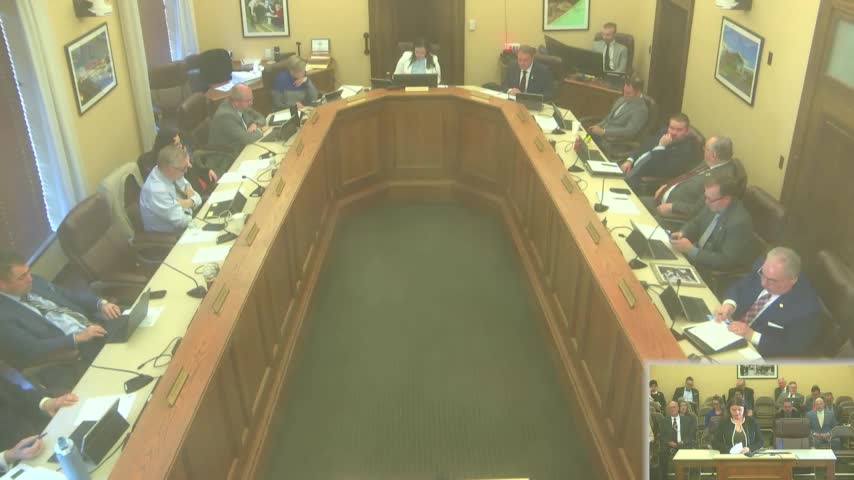Article not found
This article is no longer available. But don't worry—we've gathered other articles that discuss the same topic.
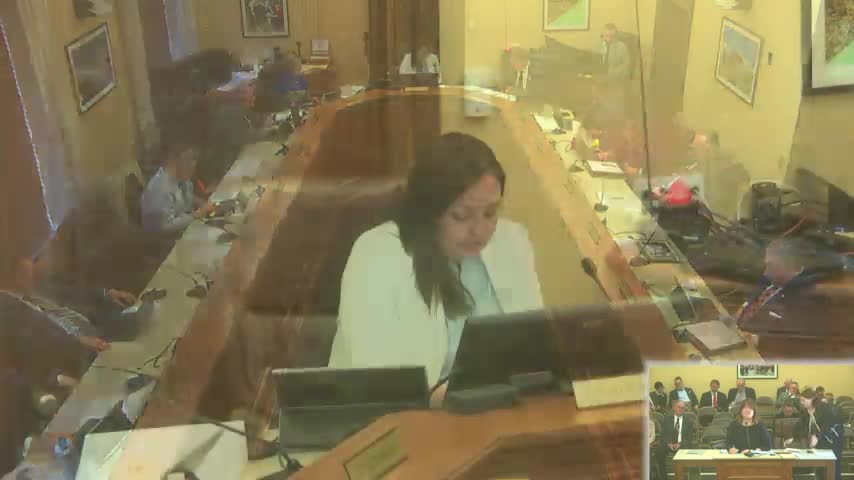
Committee advances EMS surprise-billing bill setting insurer payment formula and limiting patient balance billing
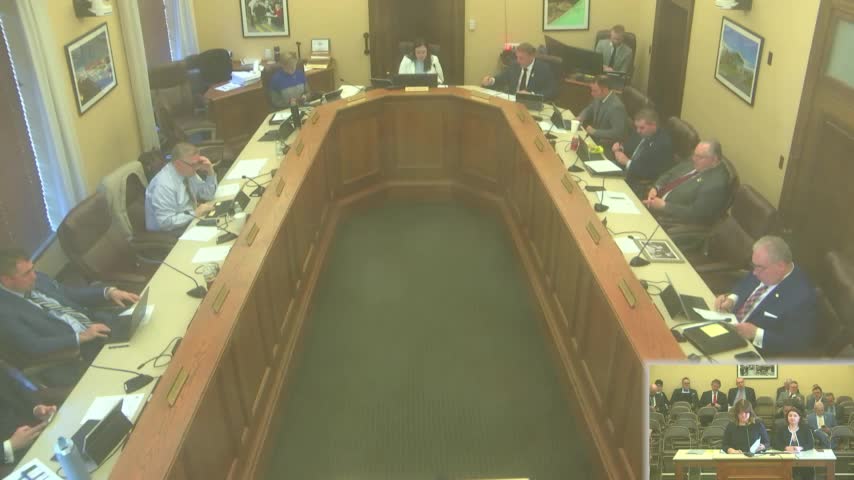
Committee adopts substitute for homelessness bill focused on structured residence halls; clarifies enforcement and finance referral
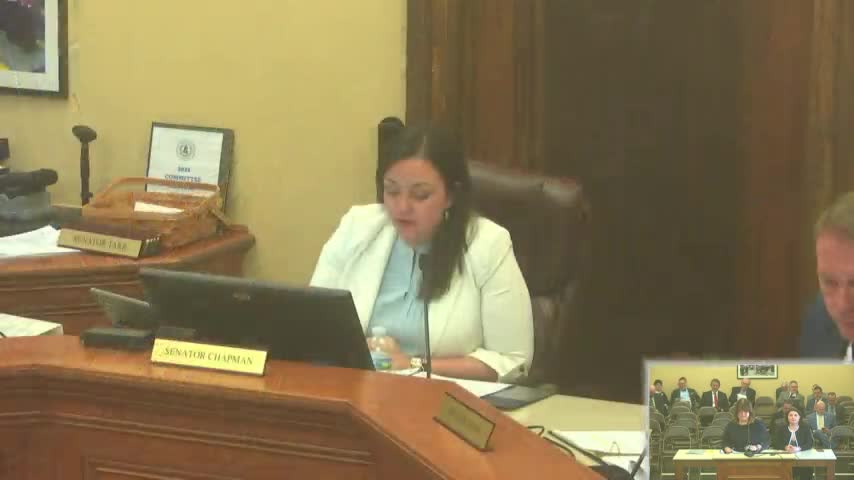
Committee adopts substitute that removes doctorate requirement for Bureau for Public Health commissioner
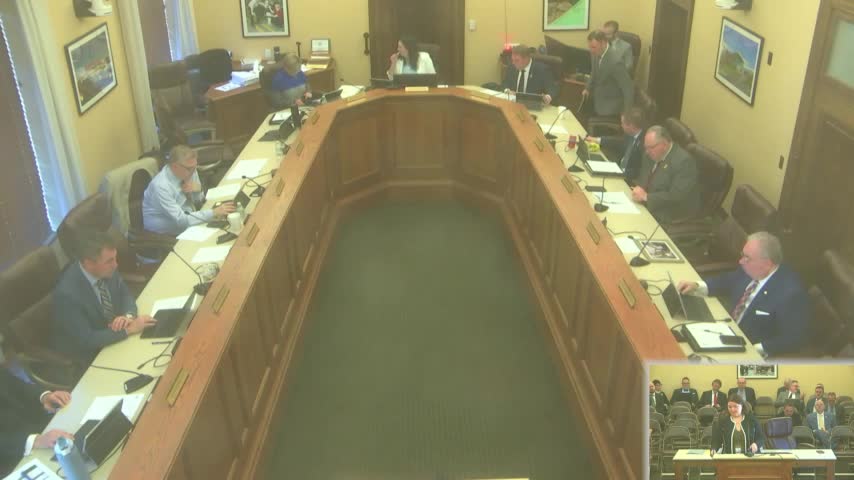
Committee advances bill requiring vaccine side-effect reporting to Bureau for Public Health
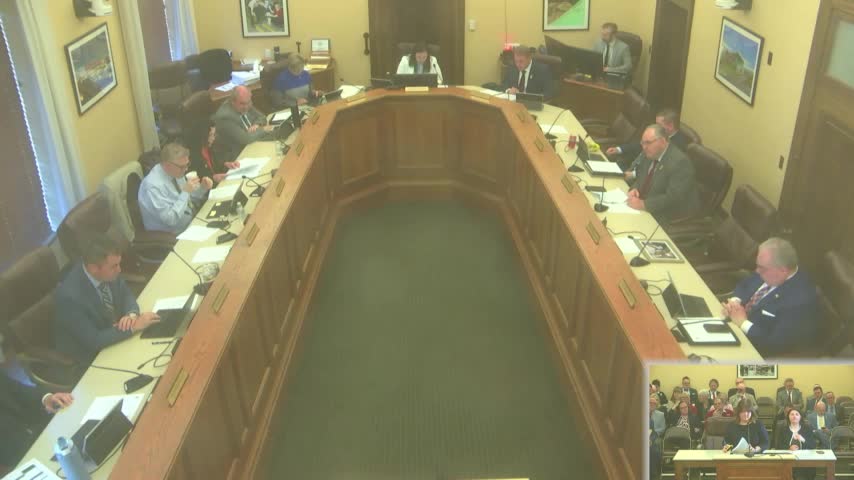
Committee forwards bill requiring foster children be informed of rights in writing and orally
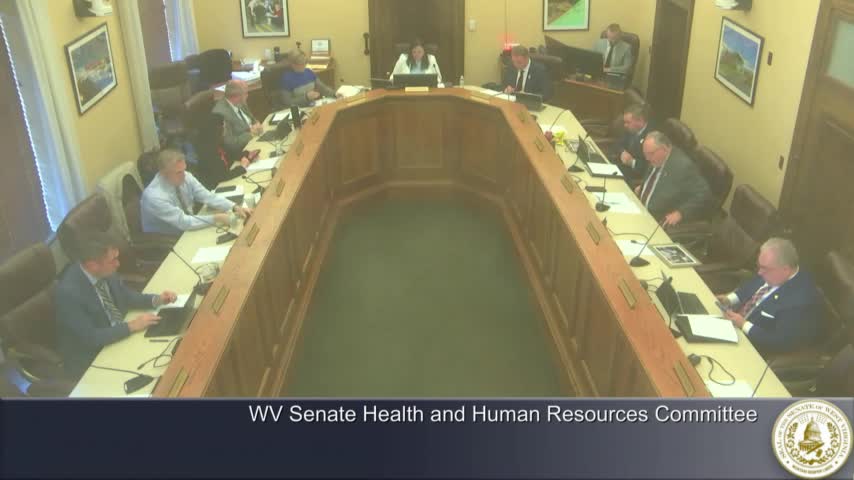
Committee advances bill expanding CRNA scope and titles, with committee substitute adopted
